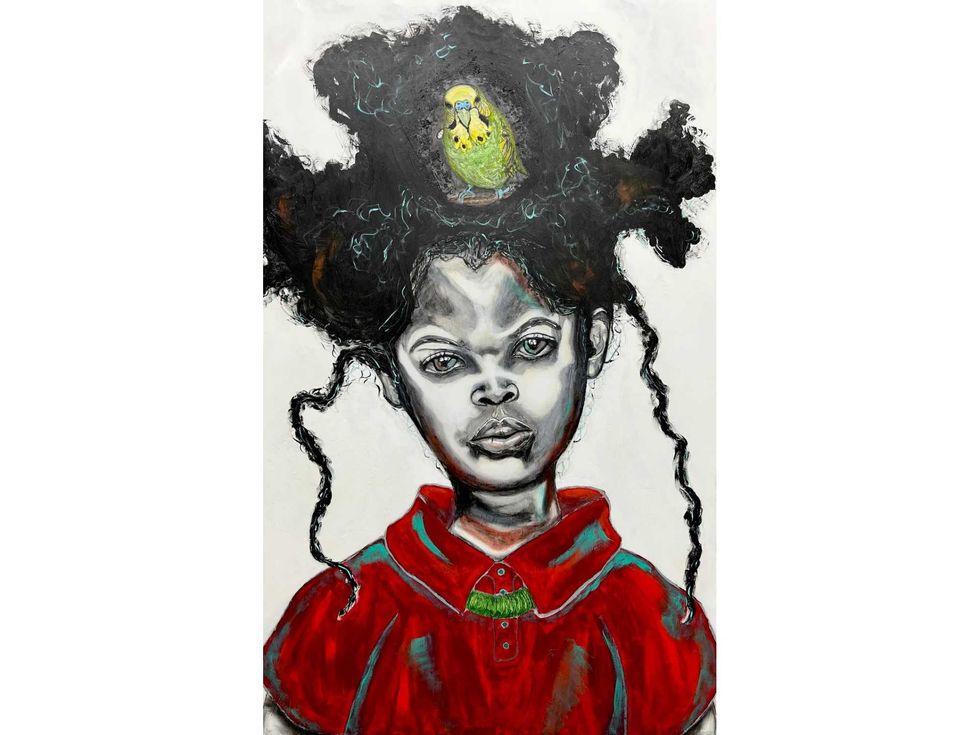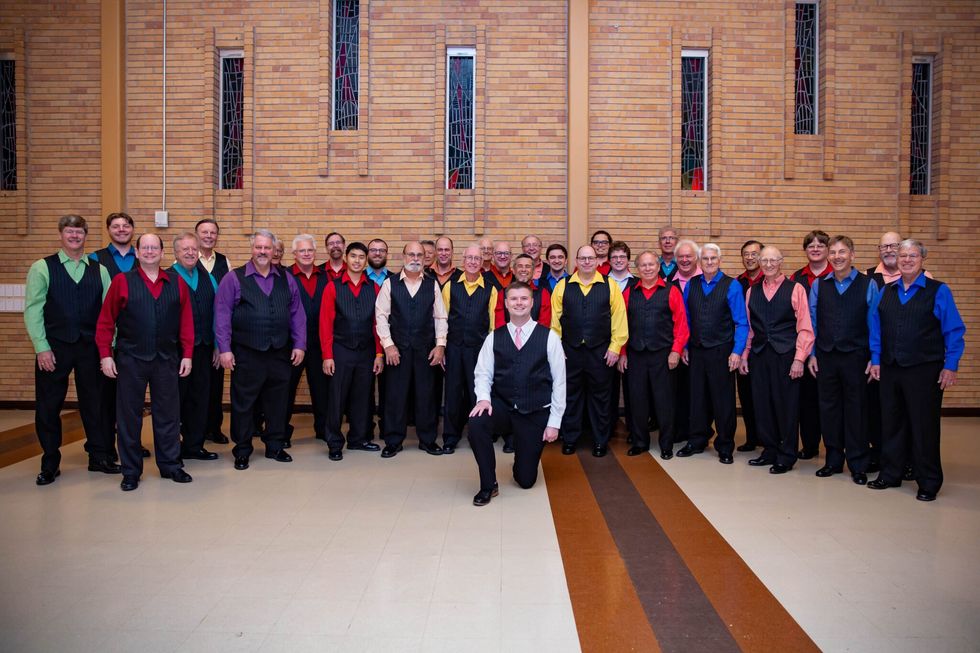Rare footage of the de Menils
Isabella Rossellini marvels at her maternal belly of a dad & how Houston art hasgrown
 Isabella Rossellini talked about her father, her mother and de Menils.
Isabella Rossellini talked about her father, her mother and de Menils. Roberto Rossellini was a very maternal man committed to art over commercialsuccess.
Roberto Rossellini was a very maternal man committed to art over commercialsuccess. Rossellini sees the de Menils vision for Houston coming truer than even herfather probably could have imagined.Courtesy photo
Rossellini sees the de Menils vision for Houston coming truer than even herfather probably could have imagined.Courtesy photo
The Rice Media Center is a very functional building. It’s even a cleverly designed building. But it’s not an imposing building.
So picturing it as the headquarters for a proposed and partially achieved cultural revolution of international significance isn’t easy. But that’s just what we spectators at Thursday night's Cinema Arts Festival presentation were invited to do, by Isabella Rossellini, no less.
Rossellini was invited to the festival for two specific purposes: To be honored with the newly minted Levantine Cinema Arts Award (which she’ll receive at the Museum of Fine Arts Friday night), and to help mark the Rice Media Center’s 40th anniversary. Her father, the legendary Italian director Roberto Rossellini, creator of the neo-realist style in post-war film, was recruited by his friends and artistic allies John and Dominique de Menil to help start the RMC.
The idealistic Menils found a kindred spirit in Roberto Rossellini. Despite his early acclaim, his commercial career fizzled out rather spectacularly. But that was mostly because he was not at all interested in commercial success. By the early 1960s, when he met the Menils, he had moved on to making “scientific” films, on subjects such as the History of Food, intended to illuminate and educate the masses, rather than amuse them.
Isabella said that her “father believed that most of the world’s problems were a result of ignorance,” and that film, which is accessible to even the illiterate, “could defeat ignorance.”
The first film that Isabella showed last night was of a short interview her father conducted with John and Dominique in which he asked the couple about their vision for the Media Center. Specifically, why had they put it in Houston? (Of all places, it goes without saying.)
In this short, almost charmingly static film, the Menils come across as benign and highly motivated eggheads. The jaundiced early 21st-century eye searches in vain for some wink of irony from either of them as they describe their plans for melding science with art. They felt that civilization suffered from the estrangement between art and science, and they intended to do something about it.
Rice was not known for the arts in those days, but, John says, “(It is) one of the great scientific institutions.” And film, which both Menils declared the preeminent art form of the time, was the only art that scientists were interested in.
With the help of Canadian avant-gardist Guy Maddin, Isabella has made a film of her own about her father, My Dad is 100 Years Old. Roberto Rossellini was just about as rotund as his contemporary, Alfred Hitchcock, which is a detail that Isabella relishes about her late dad. “As you can see (from his appearance in the interview), my father was very fat,” she told us.
He also had unusually powerful maternal instincts. Isabella said that he loved children (and had seven), and “he kept saying that he wished he could be pregnant. He even envied a mother’s ability to nurse. Given the size of his belly, Isabella says, “For years I thought he was actually pregnant."
So in this surrealistic film (which the severely realistic Roberto Rossellini probably would’ve disapproved of) Isabella portrays him as an enormous talking belly, a belly obsessed with artistic integrity, and with making the world a better place. Making costume changes, Isabella appears as a number of his rivals and critics. As Daryl Zanuck and Alfred Hitchcock (she does a credible imitation of his voice), she’s able to voice the criticisms that her father wasn’t commercial enough. That his films were “boring,” in Hitchcock’s word.
As Fellini, Isabella presented the idea that film should be about dreams, not about science, so that the great talking belly can then rebuke Fellini for betraying his artistic responsibilities. Chaplin gets a kind word for presenting an optimistic vision of humanity. The film ends with Isabella lying atop the belly, sadly telling her father that “ignorance has not been defeated.”
She wonders whether he was really a genius or not, but not whether she loved him. Her deep feeling for her father is on vivid and touching display throughout.
She also introduced one of her father’s feature films, Journey to Italy, which starred “my mother, Ingrid Bergman.” It was a bit of a shock to hear someone actually say those words.
Before departing, Isabella talked about coming to Houston with her father as a child as he and the Menils discussed their “utopic” visions. She said that when she sees how Houston and its “artistic treasures” have grown, she reflects that perhaps their vision was “not so utopic after all."





